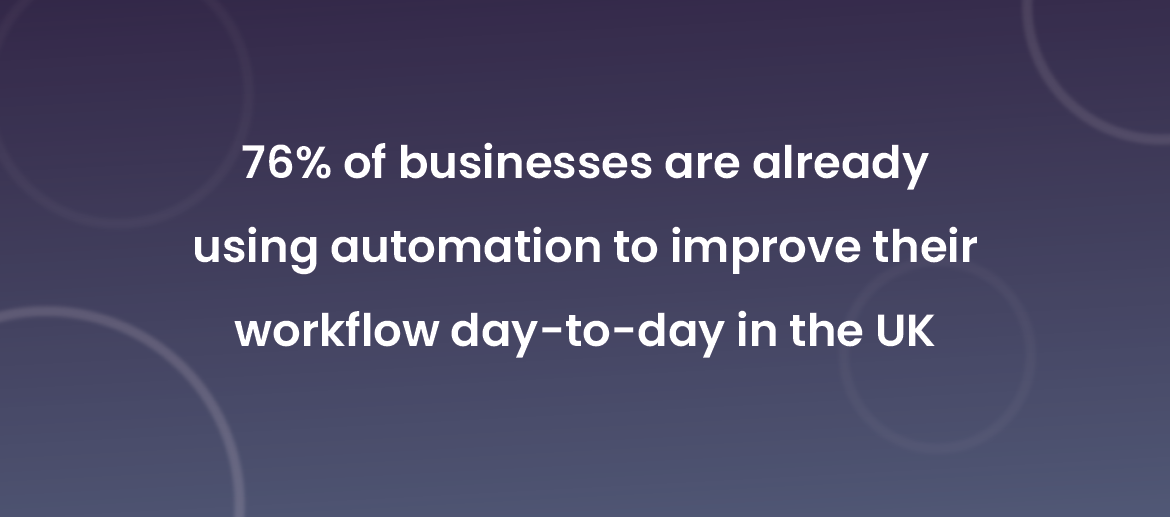-
Bespoke
Software
- Our Bespoke Software Services
- Bespoke CRM
- Business Automation
- Software Integrations
- Mobile App Development
- Bespoke Databases
- Sharepoint Development
- Operational Systems
- Business Central Implementation
- Internet of Things (IoT) Software
- Intranet Development
- Customer Portal Development
- Reporting Hub
- SAP S/4HANA Management
- IT Support
- Digital Marketing
-
Telecoms
Services
- Our Telecoms Services
- Business Mobile
- Hosted VoIP Provider
- Business VoIP Systems
- Business Broadband
- Leased Lines Provider
- 3CX Systems
-
Web
Design
- Our Web Design Services
- Bespoke Website Design
- eCommerce Website Design
- Pay Monthly Websites
- Branding & Design
- Mobile App Development
- Web Hosting
- Cyber Security
-
Developer
Course
- Our Developer Course Services
- Train For A Career In Tech
- Skills Bootcamp
- Scion Scheme Frequently Asked Questions
- Scion Collaborators
Selling Your Business? Do This First.

Posted by Netmatters

If you’re getting ready to sell your business, you’re bound to be looking at how you can make it look its best for prospective buyers. However, if your business is still running on manual, paper-based processes that take up time, money and energy, it might be worth looking at other options, like systemising or automating your business through bespoke business software to achieve a higher selling value.
What is a systemised business?
If your business is systemised, it’s more likely to be scalable, flexible, efficient and easier to manage – a great advantage for prospective investors. Not to mention it takes the pressure and reliance off you as the director or owner as you’ll be safe in the knowledge that the business will still run effectively. Systemising your business involves looking at the manual processes involved in your business and how you can use bespoke or automated software solutions to make things easier for yourself and your employees, while also making your business appealing to future prospective buyers.
It can refer to everything from how you invoice your customers, how you manage HR processes like holiday booking or new employee enrolment, and how you store data about your customers. In 2024, these are all the key aspects that your prospective buyer is most likely to be interested in – rather than inheriting a lot of time-heavy administrative duties.
Why should I systemise my business?
Systemising your business doesn’t have to be about making large-scale changes all at once. It all depends on when you envisage selling your business as well. If you’re looking to sell quite quickly, don’t worry, luckily there are plenty of smaller changes you can make to improve your productivity as well.
In the beginning, it can be about taking these smaller steps to reduce the amount of time spent completing manual tasks and improve your workflow. These can be just everyday tasks, such as considering how you work with your team, how you store your documents and even how you share events with your business. Then, once you’ve made some small changes, you can monitor their progress and if you’re happy, gradually make some larger changes. You might choose to do this with off-the-shelf software or you might choose to go for bespoke software built to fit your needs and requirements.
And if that sounds long overdue to you, there are so many more benefits that this will convey to prospective buyers to consider:
- Better workflow management for your staff
- Increased collaboration with team members
- Save time, money and resources internally
- Form better relationships with your customers
- Scale up later and expand your business
- Achieve your business goals and objectives quickly
- Integrate software solutions seamlessly
- The ability to make better business decisions
76% of businesses are already using automation to improve their workflow day-to-day in the UK, showing the growing need to implement this in your business before you sell up.

How can automation increase productivity in business?
If the most admin-heavy tasks in your business are largely automated, this can be a great selling point to prospective buyers. While automation is slightly different from systemisation, both have equal long-term and short-term benefits.
Systemising your business involves implementing specific software solutions that will allow you to better manage your business processes, whereas automation allows you to let specific parts of your business run themselves. For example, you might implement using workable SharePoint documents with your team members so you can collaborate in real-time – this is an example of systemisation. However, you might instantly send email reminders or retargeting campaigns through your email marketing software as an example of automation. Alternatively, you might use software to automatically assign work. At Netmatters, we use our software to automatically assign work to the right people at the right time, minimizing time spent on planning and management and maximizing work completed.
Automation cleans up your business processes and frees your time from worrying about missing something, meaning you can get on with your day safe in the knowledge that nothing will slip through the cracks. This can be an incredibly lucrative way of optimising and futureproofing your business for prospective buyers, who are more likely to offer a higher price if they know your customer retention is great and you have a history of meeting deadlines.
What is the first step in automating a business process?
Before you sell your business, it’s worth looking into automating your current business processes ready for the new owner. This makes your business more attractive to outside prospective buyers because they aren’t taking on a great deal of administrative tasks and your business will be more streamlined, with little room for error. However, this doesn’t have to be a big move – you can do as much or as little as you want.
- Automate the workflow of your team members through bespoke software with our unique solutions for a better working day.
- Integrate your CRM with automated quote invoicing software solutions for increased efficiency.
- Eliminate repetitive processes and boost profitability by combining your applications into a Business Management System or ERP.
How do I start systemising my business processes?
Our bespoke software experts are on hand to help you with systemising your business processes before you sell. We’ll help you identify workflow processes and procedures that might currently be happening in a time-heavy, ineffective spreadsheet or paper-based method and show you how bespoke business software and small changes can systemise your business for the better. It’s all with the aim of becoming more efficient and reducing admin clutter so that your business is in its healthiest, most appealing state for prospective buyers or investors.
We have three offices based in Wymondham, Great Yarmouth and Cambridge, where we help businesses up and down the UK to automate and systemise their business processes through dedicated software. Contact us now for your free consultation.



